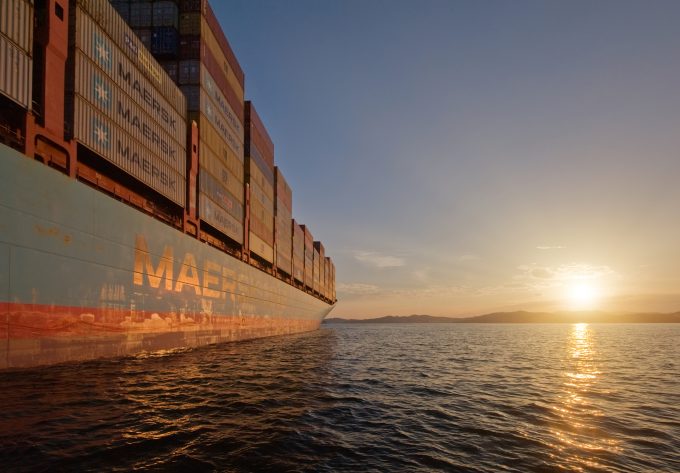Forwarders welcome MSC decision to continue 'critical' South Africa-USEC service
South Africa’s freight forwarders have welcomed a decision by MSC to continue its direct weekly ...

With the IMO Marine Environment Protection Committee (MEPC) meeting in London this week to further debate cutting shipping’s greenhouse gas emissions, Drewry has cautioned on the “unintended consequences” of “super slow-steaming”.
The 74th sitting of the MEPC will consider proposals to cut GHGs in shipping as ...

Comment on this article